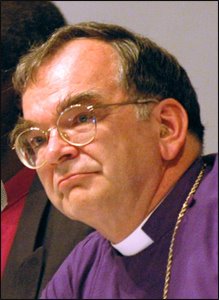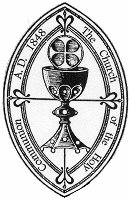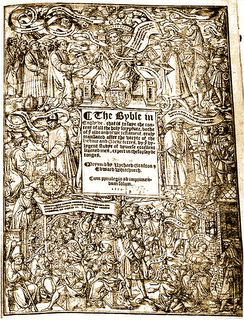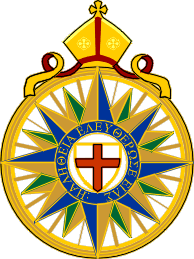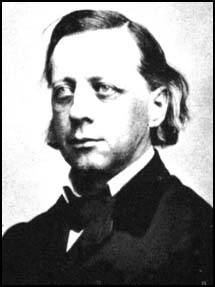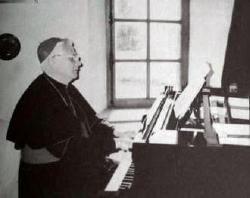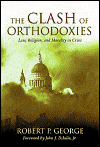. . . "Dr. Death" was just one of several. A new resident appeared the next day, this one a bit more diplomatic but again urging us to allow my father to "die with dignity." And the next day came yet another, who opened with the words, "We're getting mixed messages from your family," before I shut him up. I've written extensively about practice of bioethics--which, for the most part, I do not find especially ethical--but never did I dream that our moral compass had gone this far askew. My father, 85, was heading ineluctably toward death. Though unconscious, his brain, as far as anyone could tell, had not been touched by either the cancer or the blood clot. He was not in a "persistent vegetative state" (itself a phrase subject to broad interpretation), that magic point at which family members are required to pull the plug--or risk the accusation that they are right-wing Christians.
I complained about all the death-with-dignity pressure to my father's doctor, an Orthodox Jew, who said that his religion forbids the termination of care but that he would be perfectly willing to "look the other way" if we wanted my father to die. We didn't. Then a light bulb went off in my head. We could devise a strategy to fend off the death-happy residents: We would tell them we were Orthodox Jews.
My little ruse worked. During the few days after I announced this faux fact, it was as though an invisible fence had been drawn around my mother, my sister and me. No one dared mutter that hateful phrase "death with dignity."
Though my father was born to an Orthodox Jewish family, he is an avowed atheist who long ago had rejected his parents' ways. As I sat in the ICU, blips on the various screens the only proof that my father was alive, the irony struck me: My father, who had long ago rejected Orthodox Judaism, was now under its protection.
As though to confirm this, there came a series of miracles. Just a week after he was rushed to ICU, my father was pronounced well enough to be moved out of the unit into North Shore's long-term respiratory care unit. A day later he was off the respirator, able to breathe on his own. He still mostly slept, but then he began to awaken for minutes at a time, at first groggy, but soon he was as alert (and funny) as ever. A day later, we walked in to find him sitting upright in a chair, reading the New York Times...

